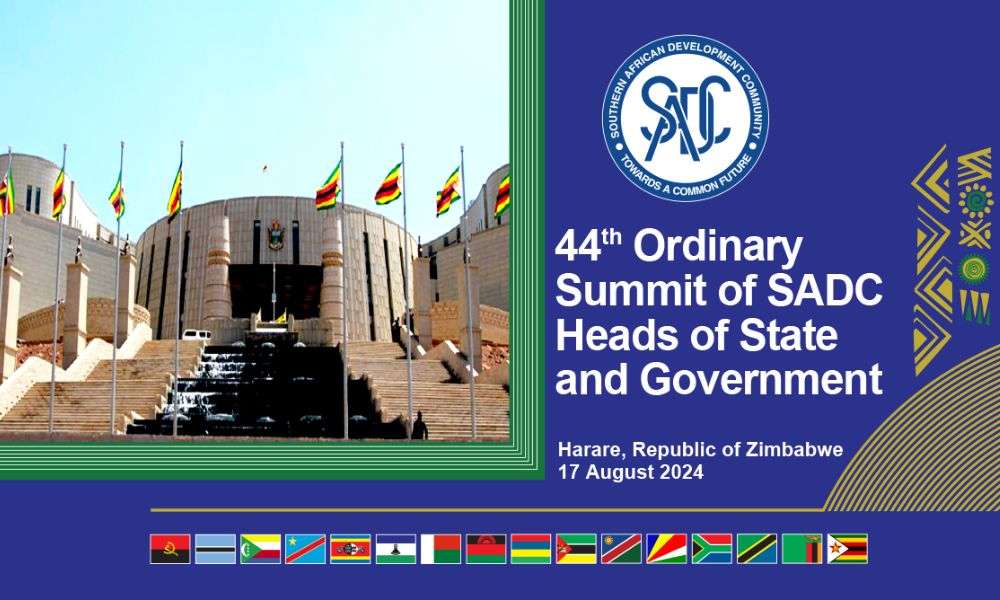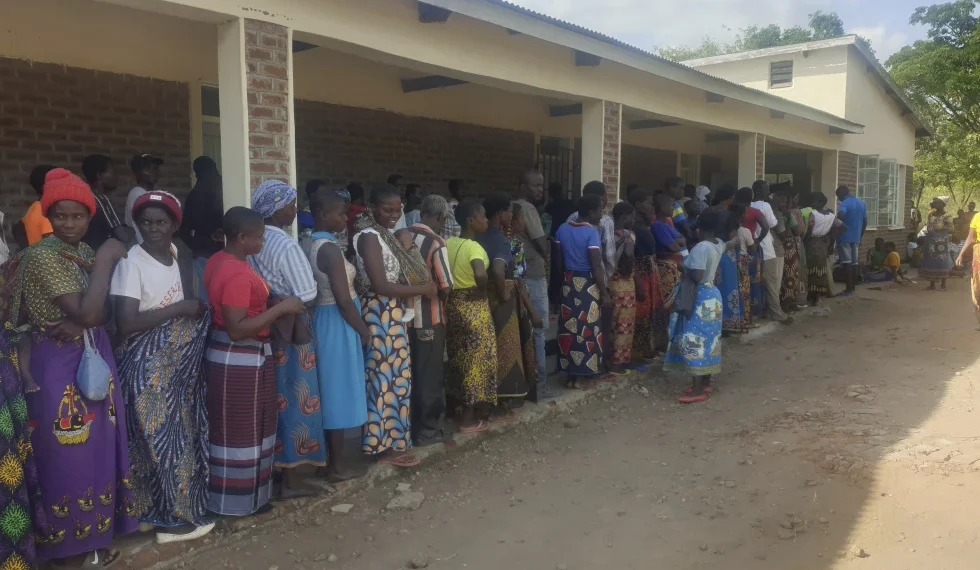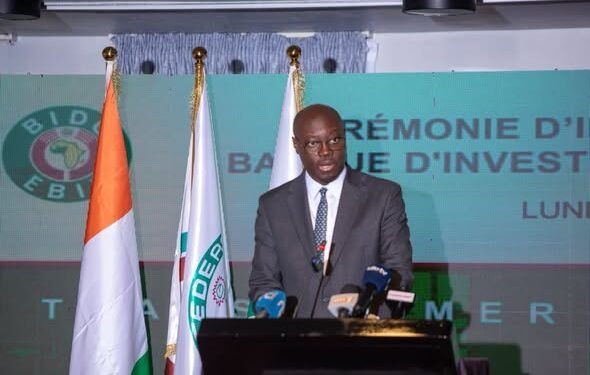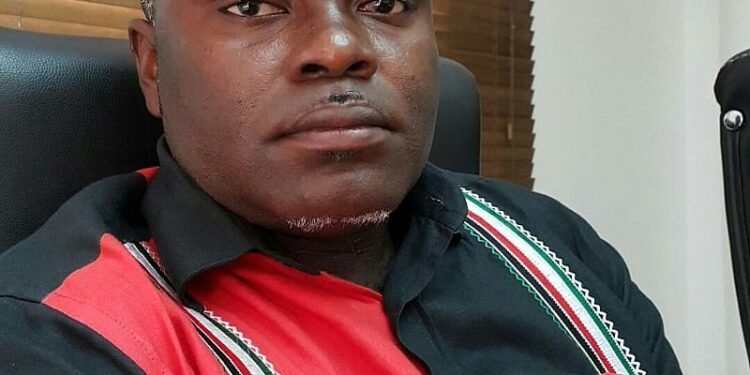In a significant move to address the devastating effects of a severe drought linked to the El Niño weather phenomenon, the Malawian government has received an insurance payout of $11.2 million.
This much-needed financial aid comes in the wake of a national disaster declared earlier this year in response to the crippling drought, which has wreaked havoc on the country’s already fragile food supply.
The insurance payout was confirmed by the African Development Bank. The country’s drought insurance policy is part of an initiative managed by the African Development Bank in collaboration with the African Risk Capacity Group, an agency under the African Union.
The payout is expected to provide crucial support to approximately 235,000 households in some of the regions hardest hit by the drought. Additionally, direct relief payments will be distributed to more than 100,000 households, offering immediate assistance to those most in need.
Malawian President Lazarus Chakwera described the payout as “a lifeline for our vulnerable populations,” underscoring the dire situation facing many in the country.
Malawi, one of the world’s poorest nations, has seen its food production severely impacted by the drought, which experts have linked to the El Niño weather pattern that persisted for a year before ending in June.
In March, the country declared a state of emergency, highlighting a food crisis that has affected 23 out of its 28 districts.
The impact of the drought extends far beyond Malawi, with the entire southern African region experiencing the harsh consequences of El Niño.
Crops have failed across the region, as below-average rainfall between November and April left millions of small-scale farmers struggling to feed their families and earn a living.
At a recent summit of the Southern African Development Community (SADC) held in Zimbabwe, leaders revealed that around 68 million people — approximately 17% of the region’s population — are in need of assistance due to the drought.

The U.S. Agency for International Development has reported that the first three months of this year saw the most severe drought in southern Africa in over a century.
Other Countries Affected By Drought To Receive Insurance Payout
Other nations in the region are also grappling with the devastating effects of the drought. Zambia and Zimbabwe have both declared states of disaster and have sought international assistance.
The African Development Bank has indicated that Mozambique, Zambia, and Zimbabwe are expected to receive drought insurance payouts by September.
However, the financial aid may not be sufficient to address the full scale of the crisis. For instance, Zimbabwe is set to receive $31.8 million from the bank, but this falls far short of the $430 million in humanitarian assistance that the Zimbabwean government requested in May.
The situation in Zimbabwe is particularly alarming. In April, the country was officially declared in a state of national disaster, with local officials warning that 57% of rural populations are expected to face food insecurity between January and March 2025. This period is traditionally the peak hunger season, and the outlook is bleak.
United Nations reports suggest that civilians may have to rely on “alternative sources of income, social support, and humanitarian assistance” to survive this challenging time.
The situation in southern Africa is not expected to improve anytime soon. A report titled “Southern Africa Food Security Outlook June 2024 – January 2025” warns that acute food insecurity is likely to worsen due to ongoing drought conditions.
The prolonged dry spell is anticipated to further degrade water and pasture availability for livestock, leading to poor livestock conditions, increased disease rates, and heightened risks of livestock deaths before the expected rains in late 2024.
As the drought continues to strain the region’s resources, the international community’s support remains crucial in preventing a full-blown humanitarian catastrophe.
READ ALSO: Government’s Delay in Clearing Dialysis Consumables Spells Doom























